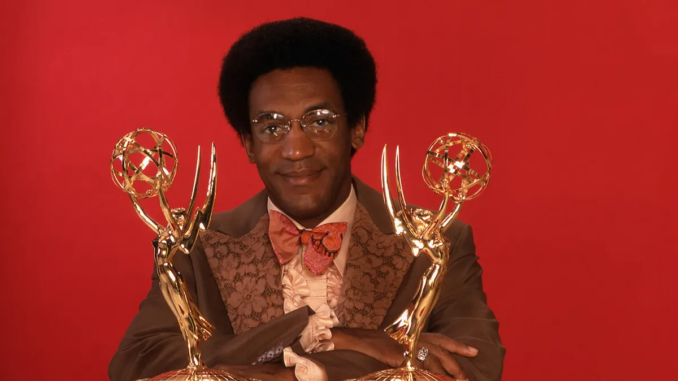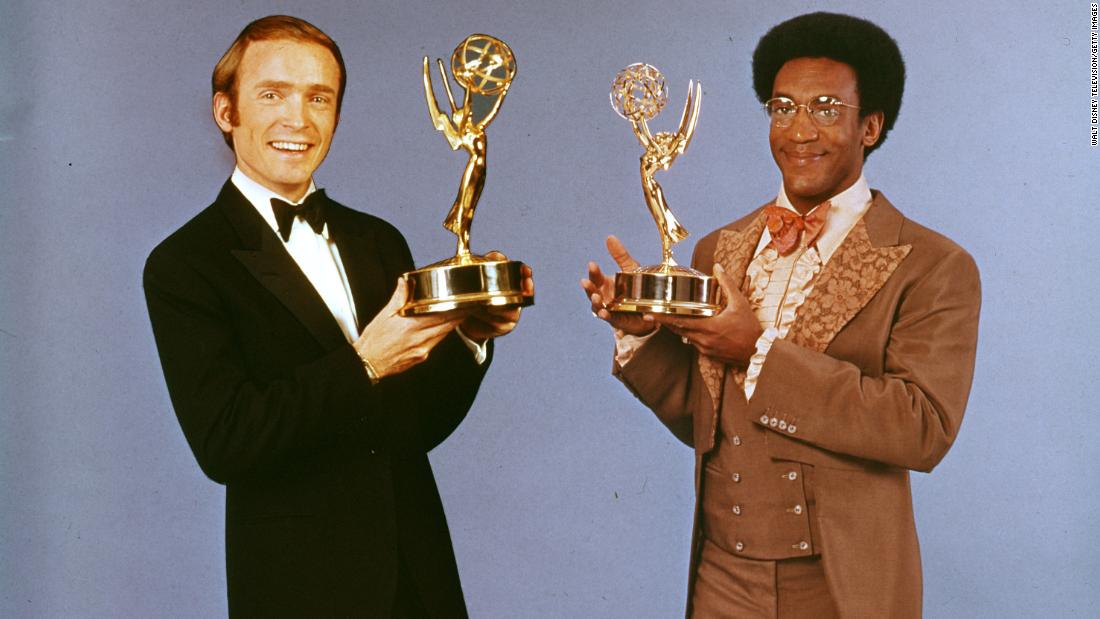
Bill Cosby was awarded an honorary Academy Award, sparking widespread debate.
The reaction from the film and television industry has been anything but unified. For some, Cosby’s contributions to comedy, television, and representation in entertainment cannot be overlooked. His portrayal of a successful, loving Black family on The Cosby Show was groundbreaking, and many credit him with changing the narrative around Black families on television during the 1980s. Yet, for others, these achievements cannot erase the pain and trauma experienced by the dozens of women who accused him of sexual assault.
“It’s like the Academy is choosing to separate the man from his work,” said one insider. “But how do we separate art from the artist when his actions have left such a dark shadow?” In recent years, Cosby’s criminal conviction and subsequent release from prison after a technicality in his case led to his partial exoneration in the eyes of the law. Yet, many still see him as a symbol of the challenges faced by victims of sexual assault when powerful figures are involved.

With the Academy’s decision, the debate is reignited: should a person’s artistic accomplishments be acknowledged despite personal failings? Cosby was a major figure in the entertainment world for decades, and his influence is undeniable. But for many, honoring him now feels like a dismissal of the voices of the women who came forward. Hollywood has been trying to navigate the tricky waters of separating art from artists who have been accused of misconduct. From Harvey Weinstein to Kevin Spacey, the industry has been rocked by scandals that have reshaped the landscape. But in Cosby’s case, the Academy seems to have taken a different path.
“There’s a difference between celebrating someone’s work and celebrating someone’s character,” says a prominent critic of the decision. “This isn’t just about movies or television—it’s about justice.”
As the entertainment world continues to grapple with how to honor the contributions of artists with troubled pasts, the question remains: What message does this send? For many survivors of abuse, seeing Cosby celebrated feels like a betrayal. Yet for others, it’s a reminder of the complexity of legacy, fame, and morality.
The Academy’s decision will undoubtedly shape discussions about accountability, art, and celebrity in the years to come. And while Bill Cosby’s Academy Award may be seen as a moment of redemption by some, for others, it is a painful reminder of unresolved injustices.
